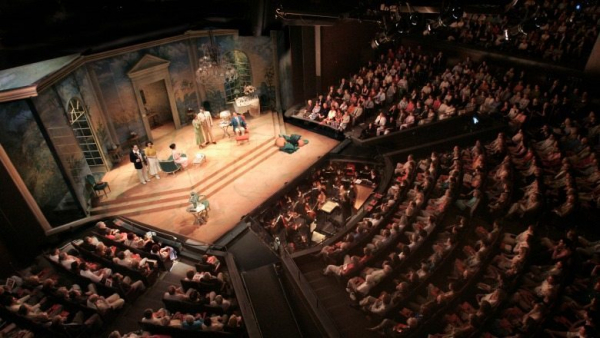By Sajeeb Sarker
Elite Culture
Media School August 26, 2020

Elite culture is patronized by the elite audiences. Image: explorestlouis.com
Elite culture is defined as those 'high' cultural forms (and institutions) that are exclusively a distinguishing characteristic of modern social elites. Elite or sometimes calles as the 'high' culture particularly refers to the cultural tastes of the established aristocracies including the commercial bourgeoisie, educated bureaucrats and political power brokers, and the professions in the eighteenth, nineteenth, and twentieth centuries.
Elite culture consists of activities patronized by the elite audiences (social elites) comprised of members from the upper-middle and upper classes.
In other words, elite culture comprises of the cultural patterns that distinguish a society's elites.
Elite culture includes cultural elements (e.g. artifacts) of 'high taste'. For example, elite or high culture include renaissance art, classical music, opera, symphony orchestras, ballet, live theatre, museums and galleries, and particular forms of decorative arts, fine art etc. having high aesthetic value.
Sociologists believe that the power and significance of social elites along with their relatively closed cultural domains create and maintain their grip on elite culture. Also, some sociologists believe that those social elites have relaxed their grip on that while, at the same time, they have become rather more omnivorous in their taste. As a result, they now consume widely and freely from all forms of arts and culture: from the highbrow to the lowbrow.
Marxist and critical theorists believe that elite culture is often an instrument of social control.


